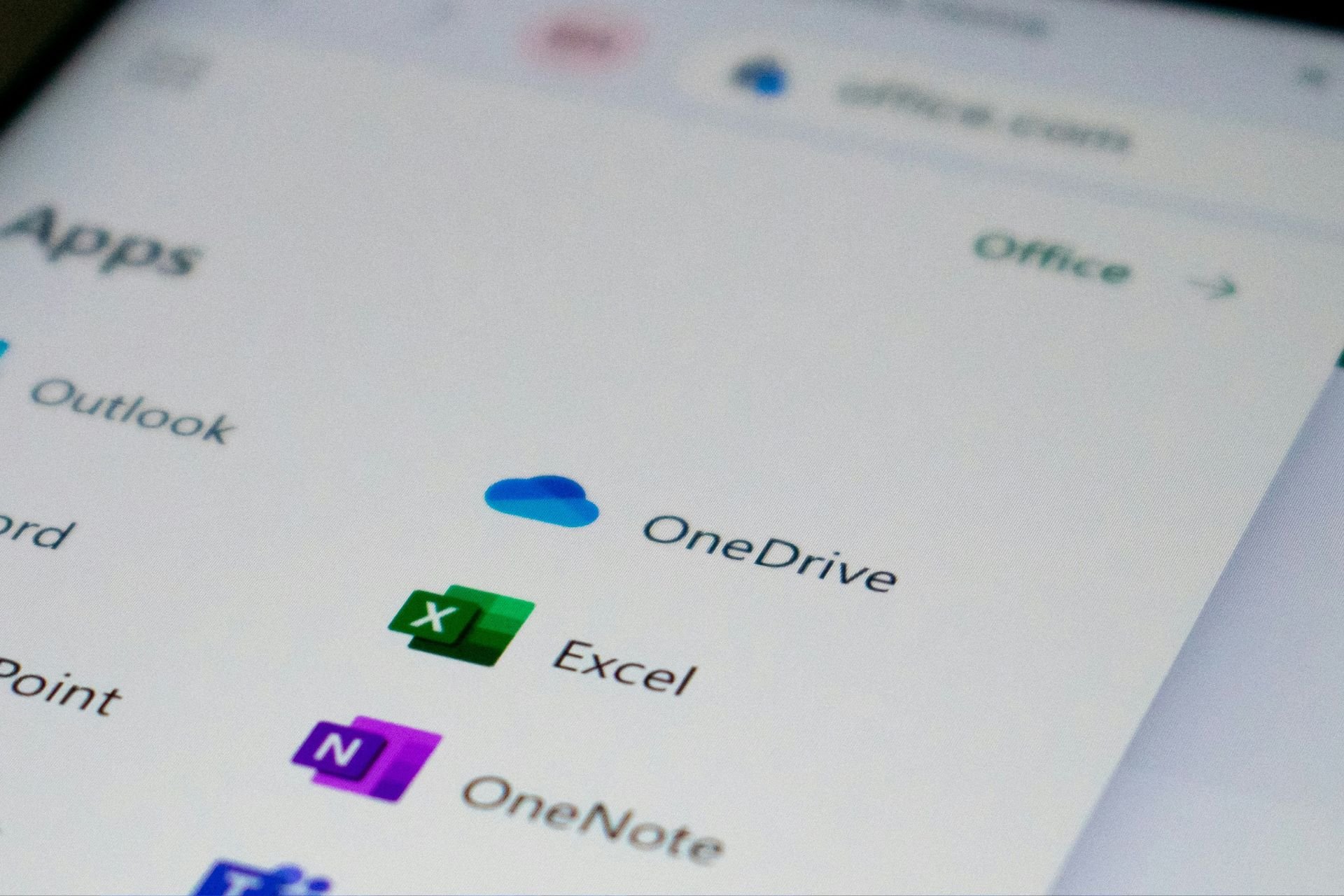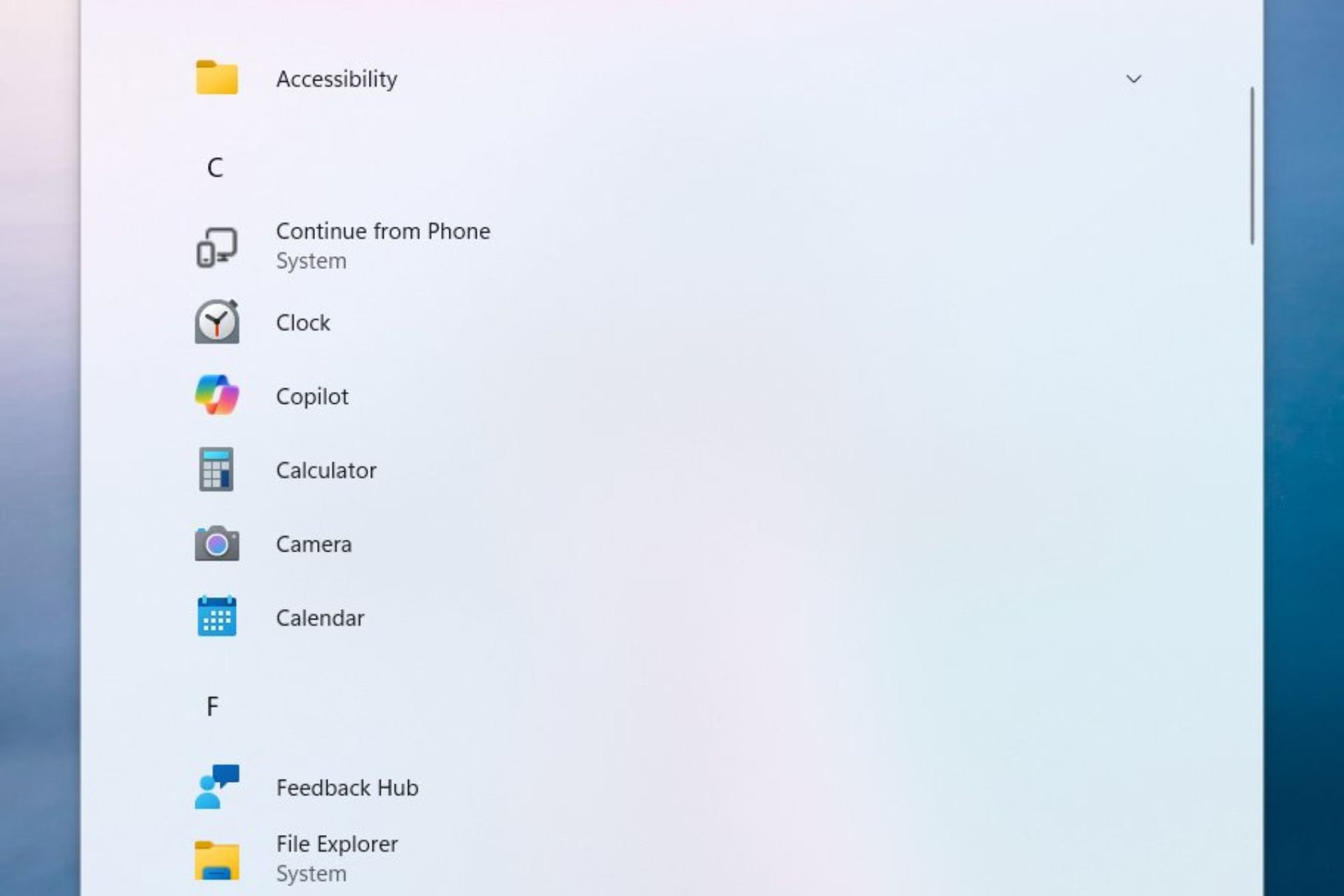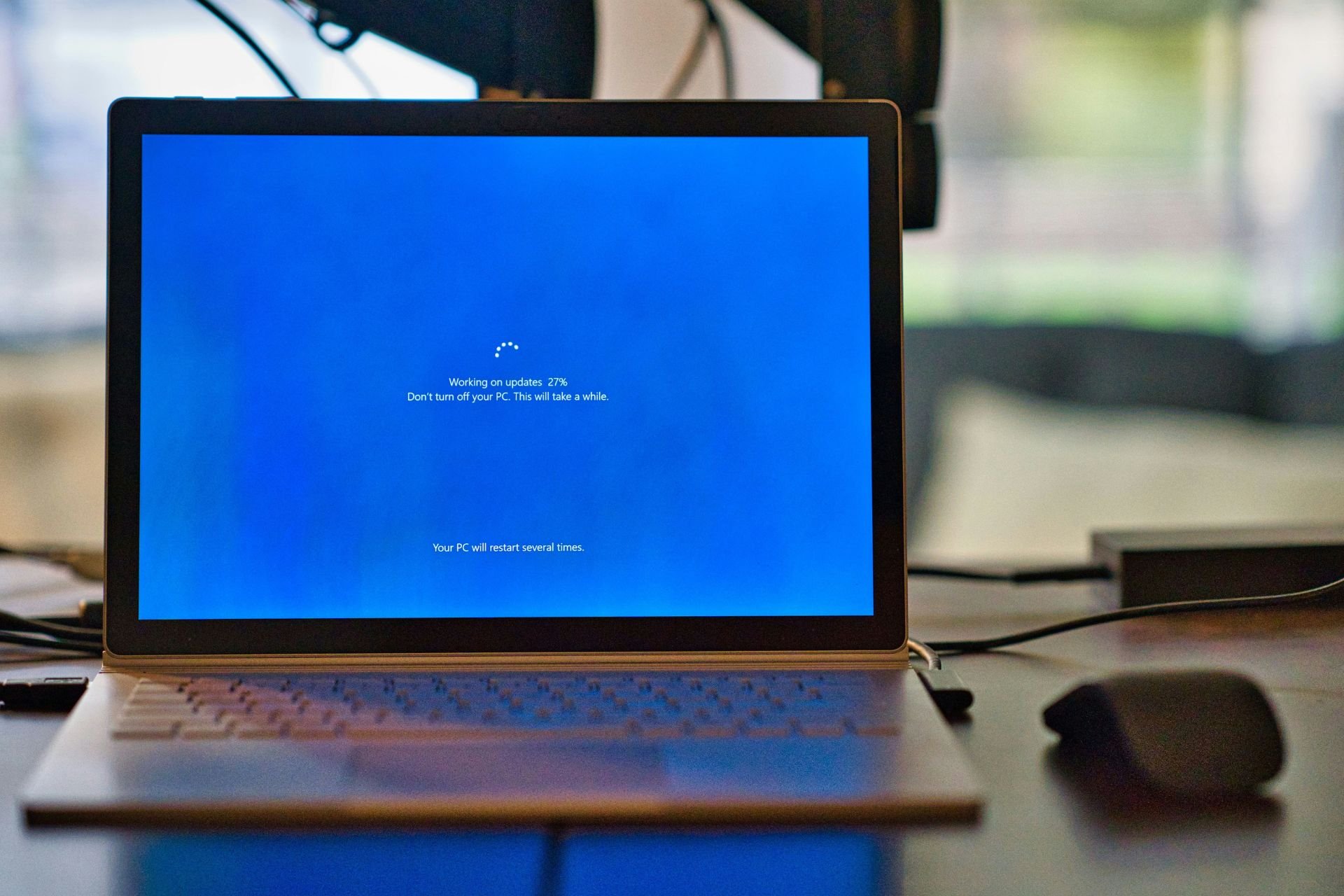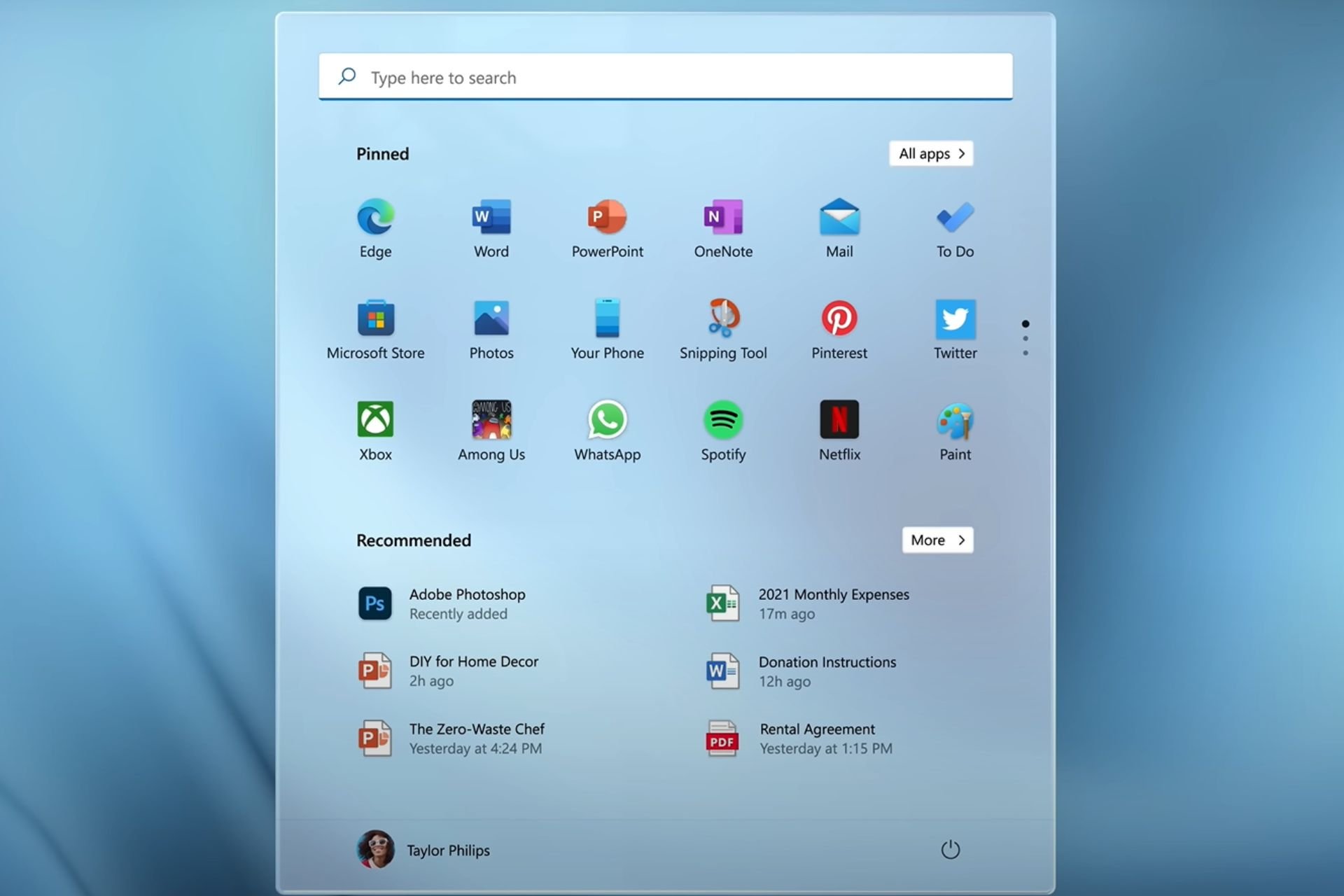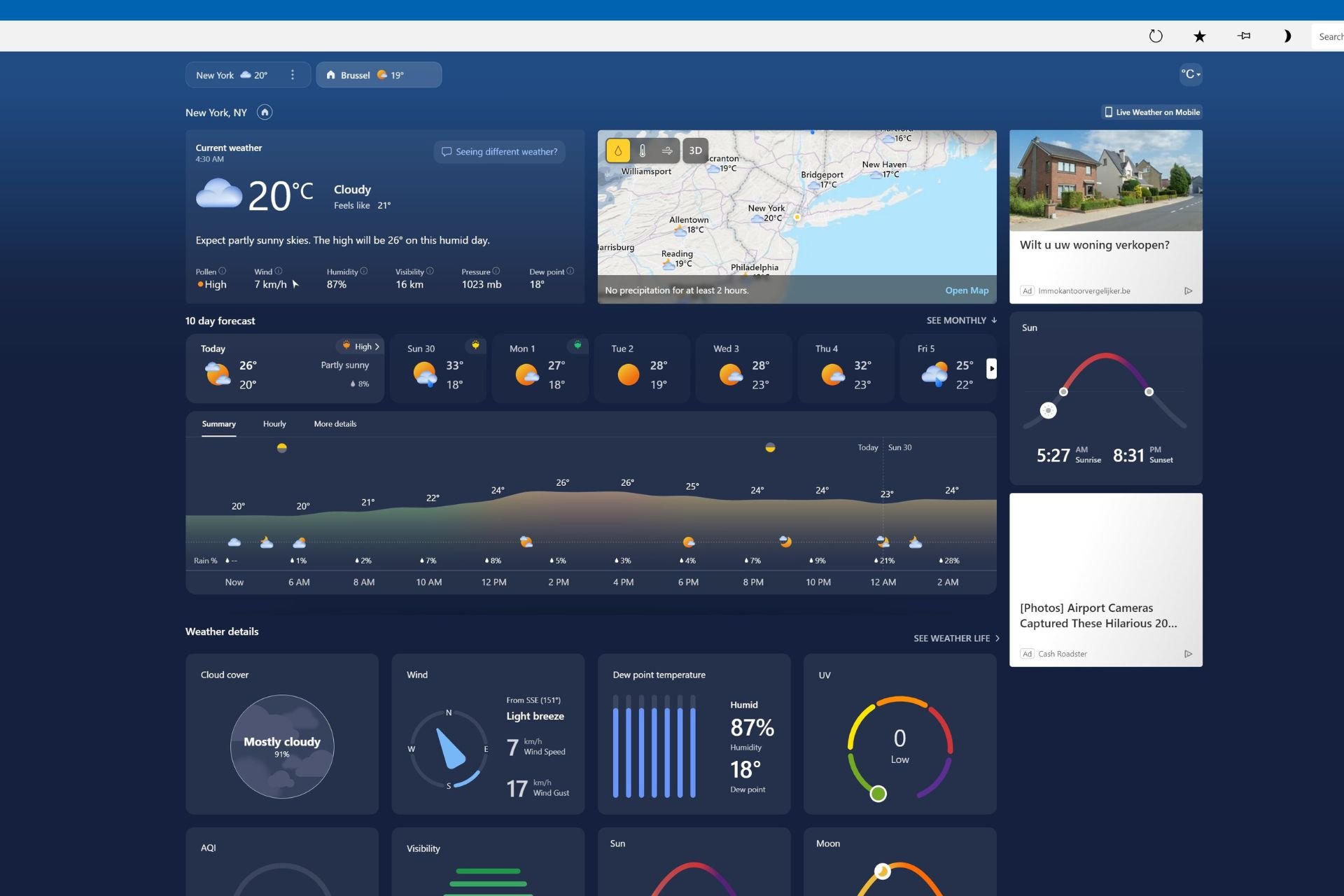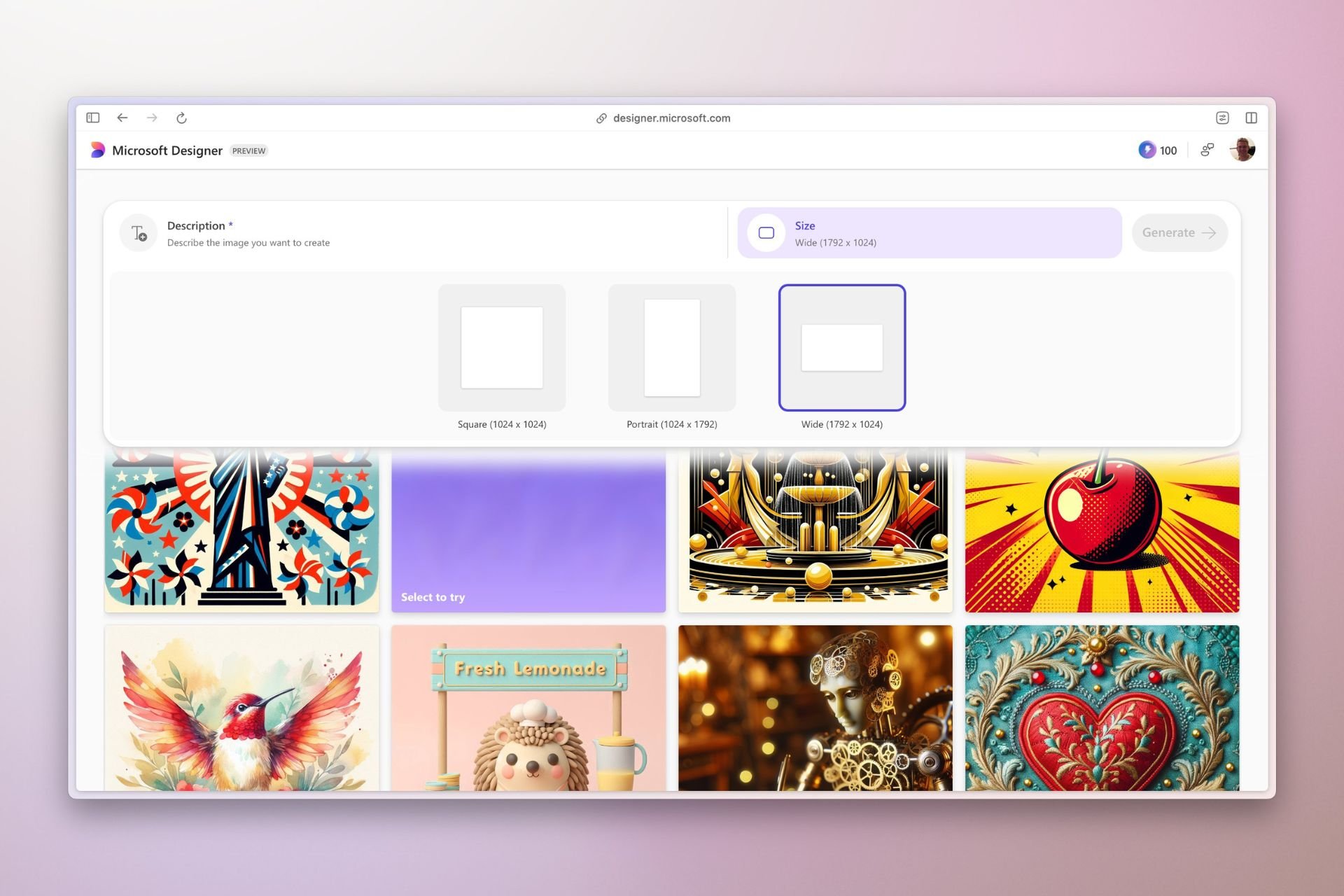Attention Linux users! Hidden backdoor found in XZ Utils, Microsoft warns
Only XZ Utils 5.6.0 and 5.6.1 come with a hidden backdoor
2 min. read
Published on
Read our disclosure page to find out how can you help Windows Report sustain the editorial team Read more

Linux has always been a more secure system than Windows, but that doesn’t mean that Linux is safe from all threats.
Speaking of which, according to the reports, several versions of Linux were affected by a critical vulnerability recently.
Two versions of XZ Utils in Linux come with a hidden backdoor
As Neowin writes, Microsoft released a FAQ on XZ Utils that was discovered recently in Linux. The vulnerability has been identified as CVE-2024-3094 and it has been deemed as critical.
It was first discovered by a Microsoft employee by accident while investigating SSH issues on the Debian system. According to the employee, he noticed unusual behavior with XZ Utils, which led to the discovery of a backdoor.
With this backdoor, a hacker with the correct private key can abuse the SSH operations and gain root access to the system.
The backdoor uses a five-stage loader that allows the hacker to perform arbitrary commands remotely.
The good news is that only versions 5.6.0 and 5.6.1 of XZ Utils come with a backdoor, meaning that older versions are unaffected.
As for affected distributions, the following have this backdoor on them:
- Fedora Rawhide
- Fedora 41
- Debian testing, unstable and experimental distributions versions 5.5.1alpha-0.1 to 5.6.1-1.
- openSUSE Tumbleweed and openSUSE MicroOS
- Kali Linux (Discovery supported)
To check if your device is affected, Microsoft suggests the following:
- Check the version of XZ Utils on your system. You can do that with the following command:
xz –version - If you have version 5.6.0 or 5.6.1 installed, update your system. Prioritize updating systems with systemd on publicly accessible SSH ports. This is especially true if you’re using .deb or .rpm-based distribution with glibc.
- Review audit logs if you suspect that the system has been compromised.
In order news, Microsoft engineers have improved Rust integration in Linux with module initialization patches.

